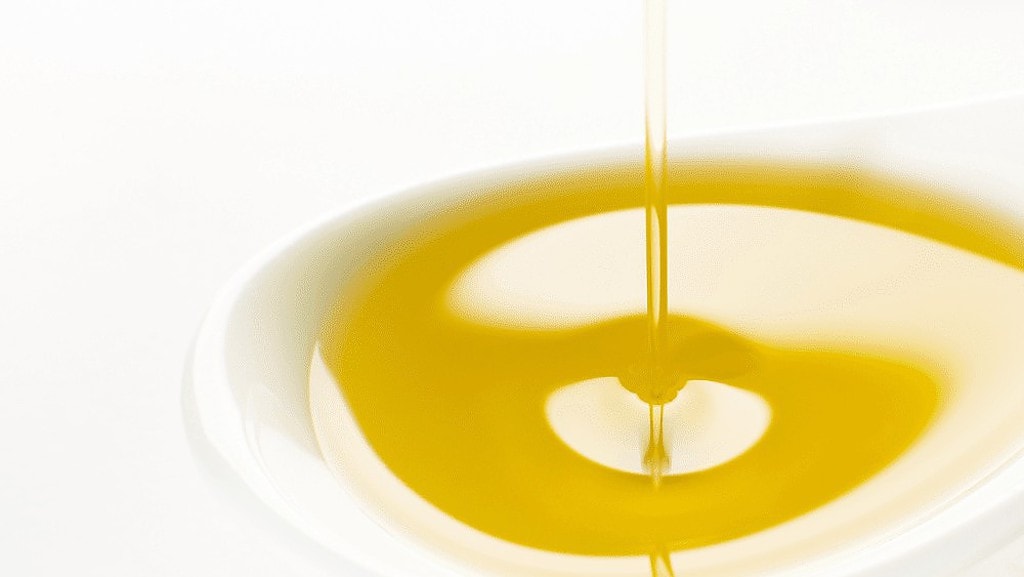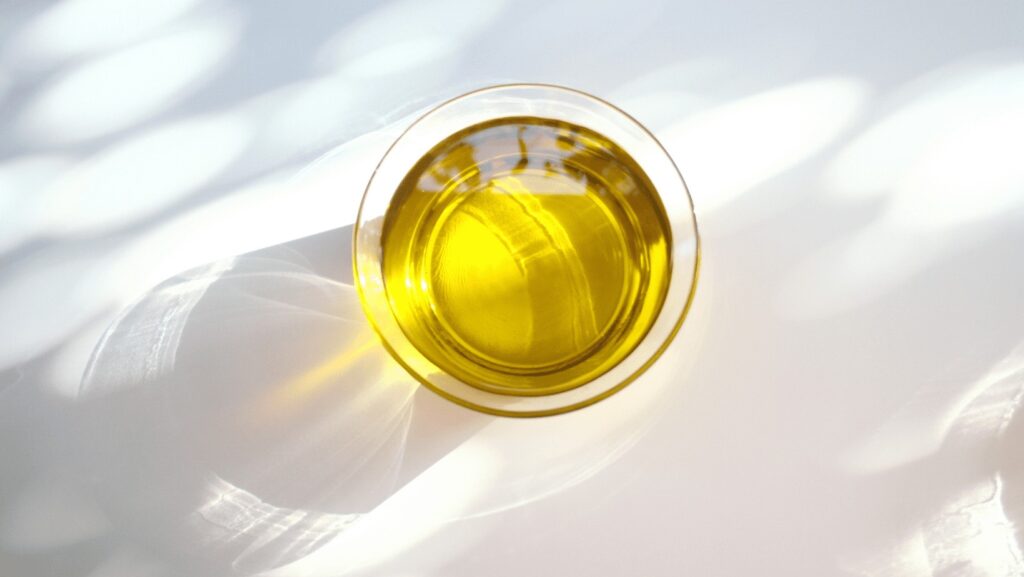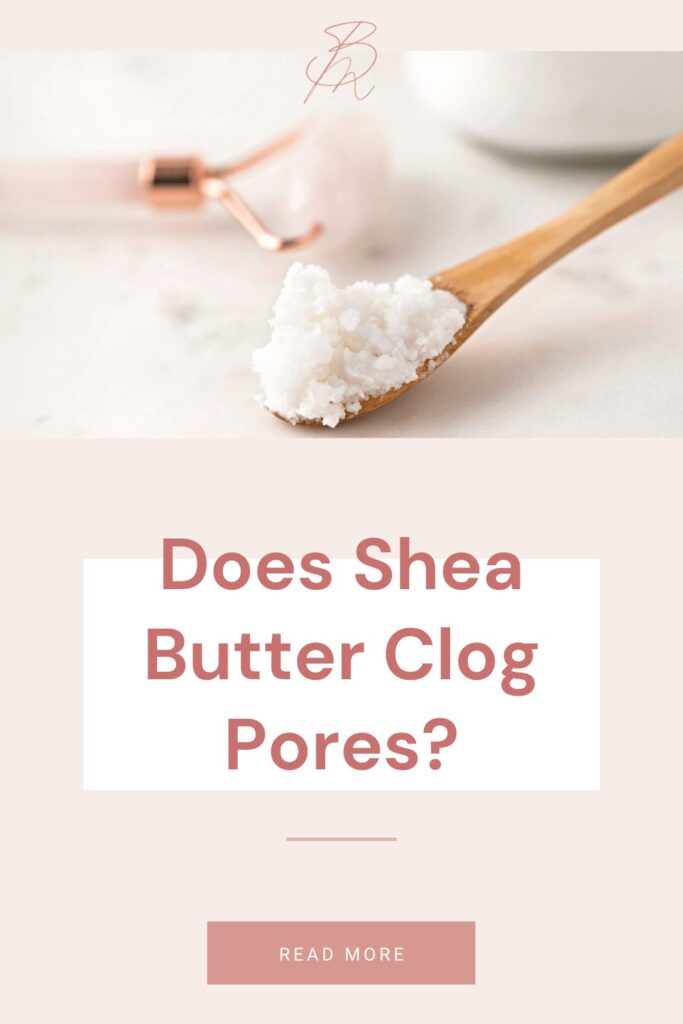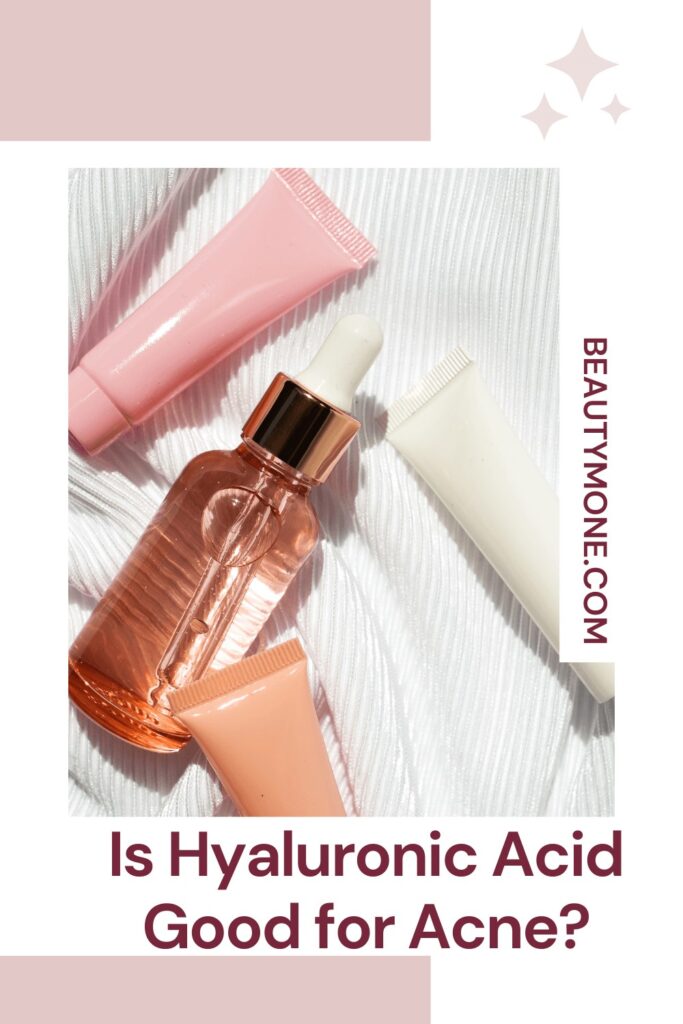
There are a lot of great ingredients on the skincare market nowadays. But I can imagine that some of them are new to you and raise questions, especially if you have acne-prone or sensitive skin. You may wonder: Is using this ingredient on my face safe? Does Olive Oil clog pores? Is it comedogenic?
Others might just be thinking: Comedo-what-now?
Don’t you worry. I’m here to give you all the answers on Olive Oil and its pore-clogging potential. Keep reading below to find out!
Does Olive Oil Clog Pores?
To get straight to this article’s point, Olive Oil does not clog pores. But before you click away, you might want to read more about this skincare ingredient before you actually put it on your face – it’s definitely not for everyone.
What Do Clogged Pores Mean?
Having clogged pores means that your pores are blocked with dirt, oil, and dead skin cells. This can cause your skin to be oily, acne-prone, and prone to irritation. Clogged pores can also cause blackheads, whiteheads, and other skin issues.
To avoid clogged pores, keeping your skin clean and exfoliated is essential. On top of that, you don’t want to use (skincare) products that could clog your pores.
Is Olive Oil Comedogenic?
First, I want to share the answer to the question: Olive Oil is non-comedogenic, meaning it doesn’t clog pores.
You might be wondering what comedogenic and non-comedogenic mean, which I’ll explain adequately in a second. The terms are often used in the skincare world, and brands will often share them to describe their products, so it’s good to understand what they mean.

What Does Non-Comedogenic Mean?
To put it simply, non-comedogenic products are specifically designed and formulated so they don’t clog your skin’s pores. That means the ingredients in non-comedogenic skincare products are light and gentle and allow your skin to breathe.
Often, hydrating and revitalizing products contain synthetic ingredients or heavy oils that can block your pores, causing breakouts or excessive oil production. In other words, oils can be harmful to anyone with sensitive or acne-prone skin, especially after prolonged use.
Non-comedogenic products aid hydration and protect your skin’s natural barrier without clogging your pores. In fact, the best non-comedogenic ingredients can help kill pathogens on your skin, protect your skin from UVA and UVB rays, and reduce excess oil.
You might think that “all oils are bad,” but this isn’t the case. Yes, some oils do clog your pores, but there are also many oils that don’t clog pores and will work for most skin types, even combination or oily.
Most oils have many benefits for the skin, so it’s worth considering adding them to your skincare routine – but make sure they’re non-comedogenic first!
Comedogenic Rating
Common ingredients in skincare products are rated on a scale of 0–5. The higher the number is, the higher the chances are that your pores may get clogged.
Generally, values of 2 and below are unlikely to cause clogged pores. So products containing ingredients with these scores are considered non-comedogenic. It doesn’t come as a surprise that values between 3-5 are considered “risky” – the higher the number, the bigger the chance of clogged pores is.
The comedogenic scale ranges from 0-5 and looks like this:
- 0: Does not clog pores
- 1: Low chance of clogging pores
- 2: Moderately low chance of clogging pores
- 3: Moderate chance of clogging pores
- 4: Relatively high chance of clogging pores
- 5: High chance of clogging pores
Olive Oil is rated a 2. This means that it has a moderately low chance of clogging pores. This means that most people can safely use olive oil in their skincare routine. However, oily skin should be more careful with their olive oil use, as there is still a chance it may clog your pores.
What Is Olive Oil?
Olive oil is derived from pressing olives and is a staple in many Mediterranean diets. It is rich in antioxidants and a good source of healthy monounsaturated fats. It can be used for cooking, as a salad dressing, or even applied topically to the skin.
Olive oil is an ideal choice for those looking to improve their skin’s health, as it can help to reduce wrinkles, even out skin tone, and improve overall skin elasticity. It can also be used as a deep-conditioning treatment for the hair, helping to keep it strong and healthy.
What Are The Benefits Of Olive Oil?
The benefits of using Olive Oil in your skincare routine are pretty versatile, making it an absolute gem to add to your skincare routine, especially if you’re prone to dry skin. Here are the main benefits of Olive Oil:
- Moisturizes and nourishes skin: Olive oil helps lock in moisture, which benefits the skin. This way, your skin doesn’t lose its so-needed water and stays hydrated, smooth, and soft.
- Soothes inflammation and redness: Olive oil can help calm the skin due to its antioxidant properties. It helps reduce irritated and red skin, so it’s perfect for sensitive skin and concerns like eczema.
- Anti-aging: Olive oil is excellent at helping to reduce the appearance of wrinkles and fine lines because it contains lots of vitamins and antioxidants. It is also known to support collagen production, which is also part of a younger-looking, anti-aging skin!
- Protecting the skin: Olive oil contains antioxidants that protect the skin from environmental damage while promoting damage repair. Vitamin E and A, both in olive oil, ensure your skin is protected and restored.
What Are The Side Effects Of Olive Oil?
Generally, Olive oil is a safe ingredient to use in your skincare routine. However, I always recommend integrating the product slowly into your routine. Let your skin adjust to a new product!
One study reported that olive oil actually made certain skin conditions, like dermatitis, worse. If you have a skin condition, you should be careful and try olive oil on your arm first (often called a patch test or allergy test) before you start applying it to the face.
Rarely, it may cause skin irritation or rashes. Most of the time, this is caused by an allergic reaction. If this happens, stop using olive oil immediately.

How To Apply Olive Oil?
There are several ways to apply olive oil to your face; it depends on how you plan to use it in your skincare routine. Possible options include a cleanser, a facial oil (including other ingredients), or a moisturizer.
I like to use “one and done” products – I don’t like to use olive oil I found in my mom’s kitchen if this makes sense. Even though this would be an option if you’re looking for the cheapest way to introduce olive oil into your routine, I recommend checking out products like these:
- DHC Olive Virgin Oil
- DHC Olive Virgin Oil Essential Cream
- DHC Olive Concentrated Cleansing Oil
- KORRES Pure Greek Olive Oil Intensive Hand Cream
Conclusion On Does Olive Oil Clog Pores?
So… does olive oil clog pores? The answer is that, in most cases, olive oil does not clog pores.
It is common for olive oil to be used in skincare products. Before applying it to your skin, it is essential to consider that not all people will respond positively. Therefore, it is wise to do a patch test first before applying any new product or ingredient to your skin.
If you still have questions about using olive oil, I answered even more crucial questions in the FAQ (frequently asked questions) section below.
You May Want To Know…
- Does Jojoba Oil Clog Pores?
- Does Lavender Oil Clog Pores?
- Does Vitamin E Oil Clog Pores?
- Does Grapeseed Oil Clog Pores?


